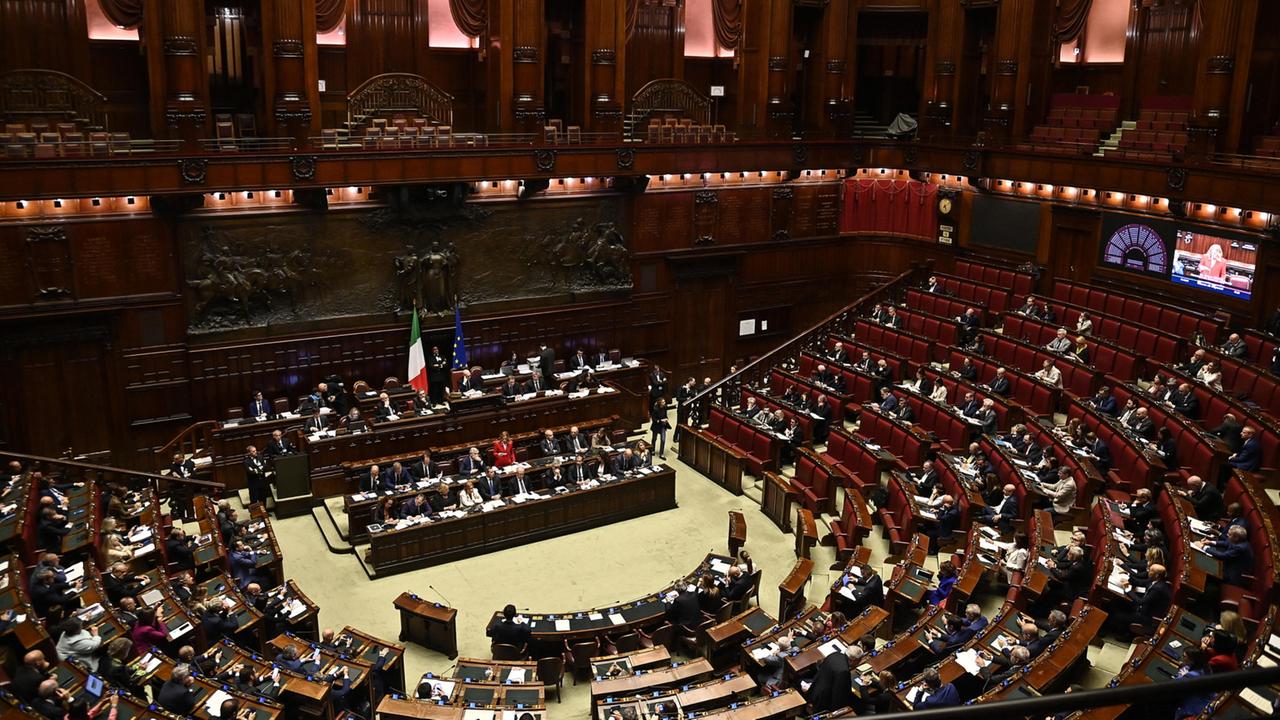Surrogacy is already banned in Italy – now the law has been expanded. In the future, Italians who decide to do this abroad will also be punished. Critics see homosexual and infertile couples as victims.
In Italy, the parliament passed a law that criminalizes the use of surrogacy abroad. The partly right-wing extremist coalition justifies the ban by saying that the traditional family should be protected. After the vote, Prime Minister Giorgia Meloni wrote on the online service X: “The bill that criminalizes the rental of uteruses is finally law.”
From the perspective of critics, however, homosexual or infertile couples are deprived of the opportunity to have children. Human rights groups also criticized the law as “medieval.”
Both chambers approve the law
In Italy itself, surrogacy is already illegal. However, by extending the ban, Meloni's three-party coalition also wants to punish Italians who seek surrogacy in countries where it is legal.
The Senate now approved the corresponding bill with 84 votes to 58. The House of Representatives, the other chamber of parliament, had already agreed.
This expands a 2004 law under which people involved in surrogacy in Italy face up to two years in prison and a fine of up to one million euros.
A ban also applies in Germany
In surrogacy, a woman carries a child for so-called intended parents and leaves it to them after the birth. In Germany, as in many other countries, surrogacy is prohibited. Mediation is also punishable in Germany.
In some countries, however, surrogacy is permitted with certain restrictions. Intended parents therefore go abroad to do this.




